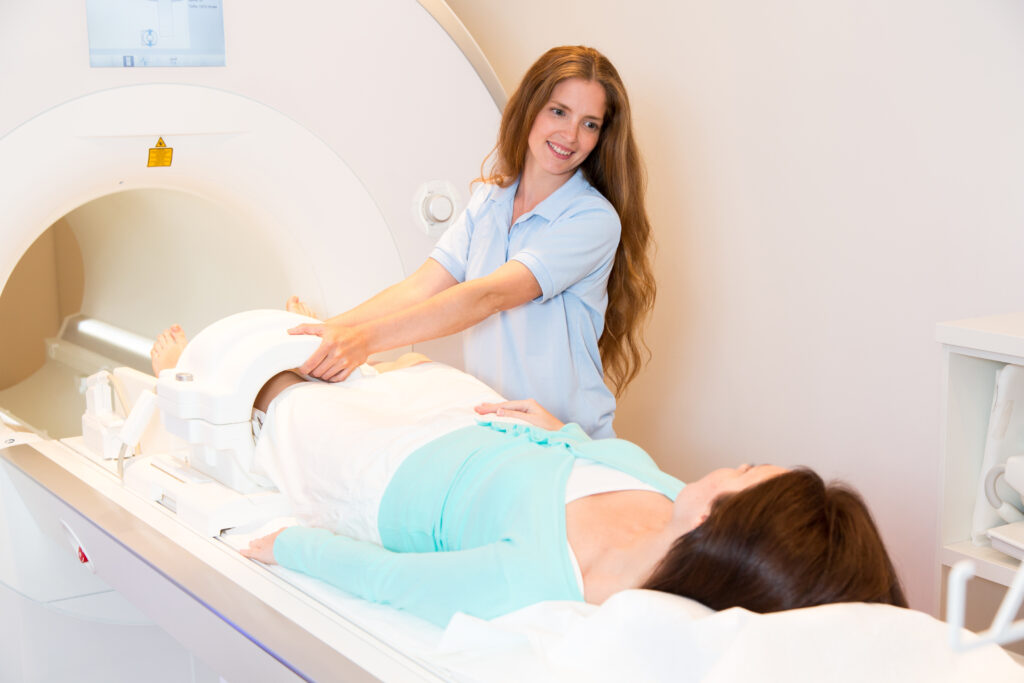The Importance of Knee MRI
Superior Soft Tissue Visualization
Your knee joint contains many ligaments, cartilage, tendons, and muscles that x-rays cannot adequately show. MRI provides unparalleled detail of these soft tissues, allowing radiologists to identify injuries and conditions that might otherwise go undiagnosed.
Accurate Sports Injury Diagnosis
Many knee injuries, especially sports-related ones, involve multiple structures. MRI can identify the full extent of the injury, including associated damage that might not be apparent during physical examination, ensuring comprehensive treatment planning.
Pre-Surgical Planning
For patients considering knee surgery, MRI provides surgeons with detailed anatomical information needed to plan procedures effectively. The images help determine the best surgical approach, predict outcomes, and identify potential complications.
Conservative Treatment Guidance
Not all knee problems require surgery. MRI helps distinguish between conditions that can be treated conservatively with physical therapy, medications, or injections versus those that need surgical intervention.
Monitoring Healing and Recovery
MRI is excellent for tracking how knee injuries heal over time, especially for athletes or active individuals. Follow-up scans can show whether treatments are working or if additional interventions are needed.
Arthritis Assessment and Management
For patients with knee arthritis, MRI provides detailed information about cartilage loss, bone changes, and inflammation that helps guide treatment decisions including injections, medications, and surgical timing.
Preventing Further Damage
Early detection of conditions like cartilage damage, ligament instability, or stress fractures can prevent more serious complications and preserve knee function long-term.



